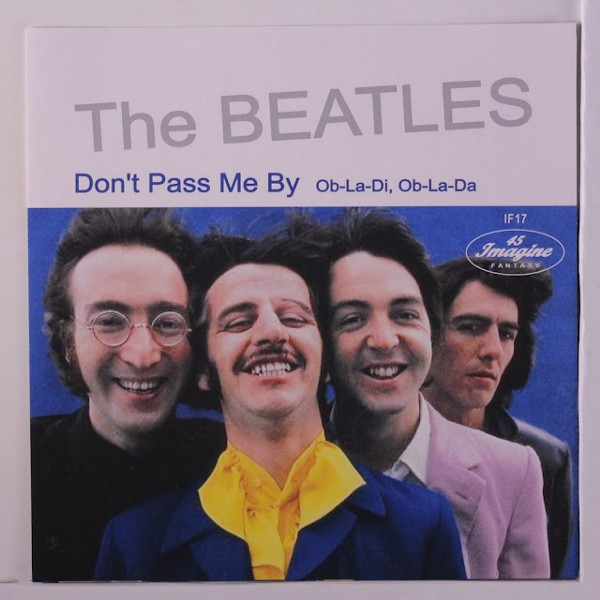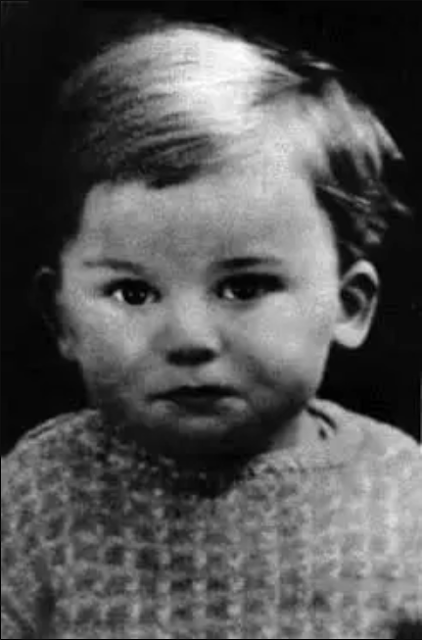Why did George Martin almost not sign The Beatles?
Despite their local success in Liverpool and Hamburg — and Brian Epstein’s best efforts — The Beatles struggled to get their first recording deal.
Columbia, HMV, Pye, Philips, and Oriole all turned them down. Dick Rowe at Decca signed Brian Poole and the Tremeloes in preference, famously added insult to injury ‘Guitar groups are on the way out, Mr Epstein’.
After the failure of the Decca audition, Brian Epstein was running out of options. Early in 1962 he managed to get a meeting with George Martin, the manager of Parlaphone Records, an eclectic label owned by EMI.
Martin was more charmed by the Beatles manager than their music. “I wasn’t too impressed with the tape Brian Epstein had played me,” Martin told Desert Island Discs in 1996. “There was something there but I couldn’t find out whether it was worthwhile or not.”
Read full story here 5 minute free read



